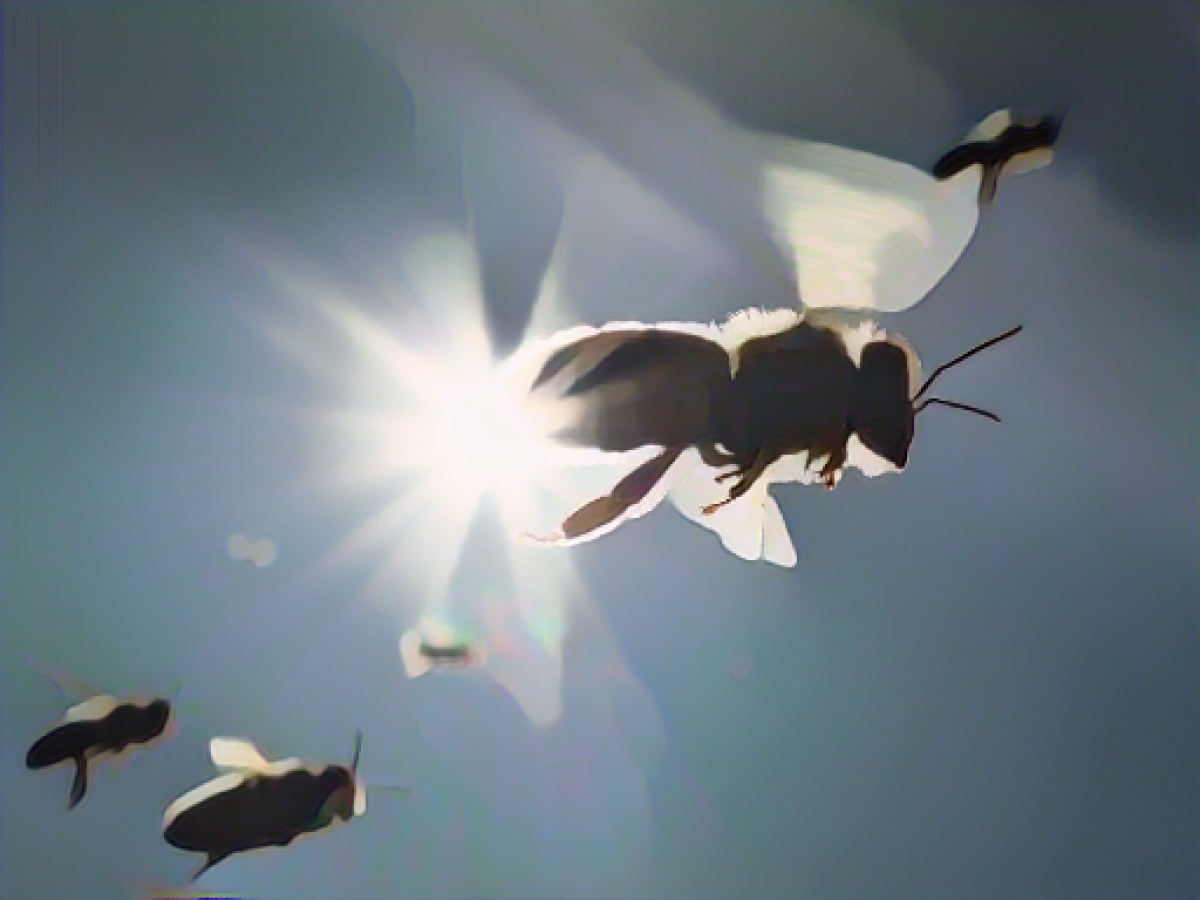Insect mortality in the northern Harz region: decline of 95 percent
According to a long-term study by the Julius Kühn Institute (JKI), 95 percent of the biomass of flying insects has disappeared in the northern Harz region over a period of 24 years. The reason for this is the intensive agricultural use of the region as well as increased temperatures due to climate change, the Julius Kühn Institute announced on Wednesday.
In the case of adaptable plant pests such as aphids or cicadas, however, the researchers noted a trend towards an increase in the study. As many beneficial insects lacked food and nesting opportunities, the ratio of insects had therefore shifted in favor of pests.
The JKI authors assume that climate change and intensive agriculture are mutually reinforcing in their effect on insects. As many insect species perform important pest-regulating functions, this interaction should be given greater consideration, according to the authors.
The decline in insect populations due to climate change and intensive agriculture in the northern Harz region might negatively impact the survival of various animal species that depend on insects as food sources. This shift in insect populations could also potentially disrupt the balance in the animal ecosystem, with potential implications for science and conservation efforts.
Source: www.dpa.com








